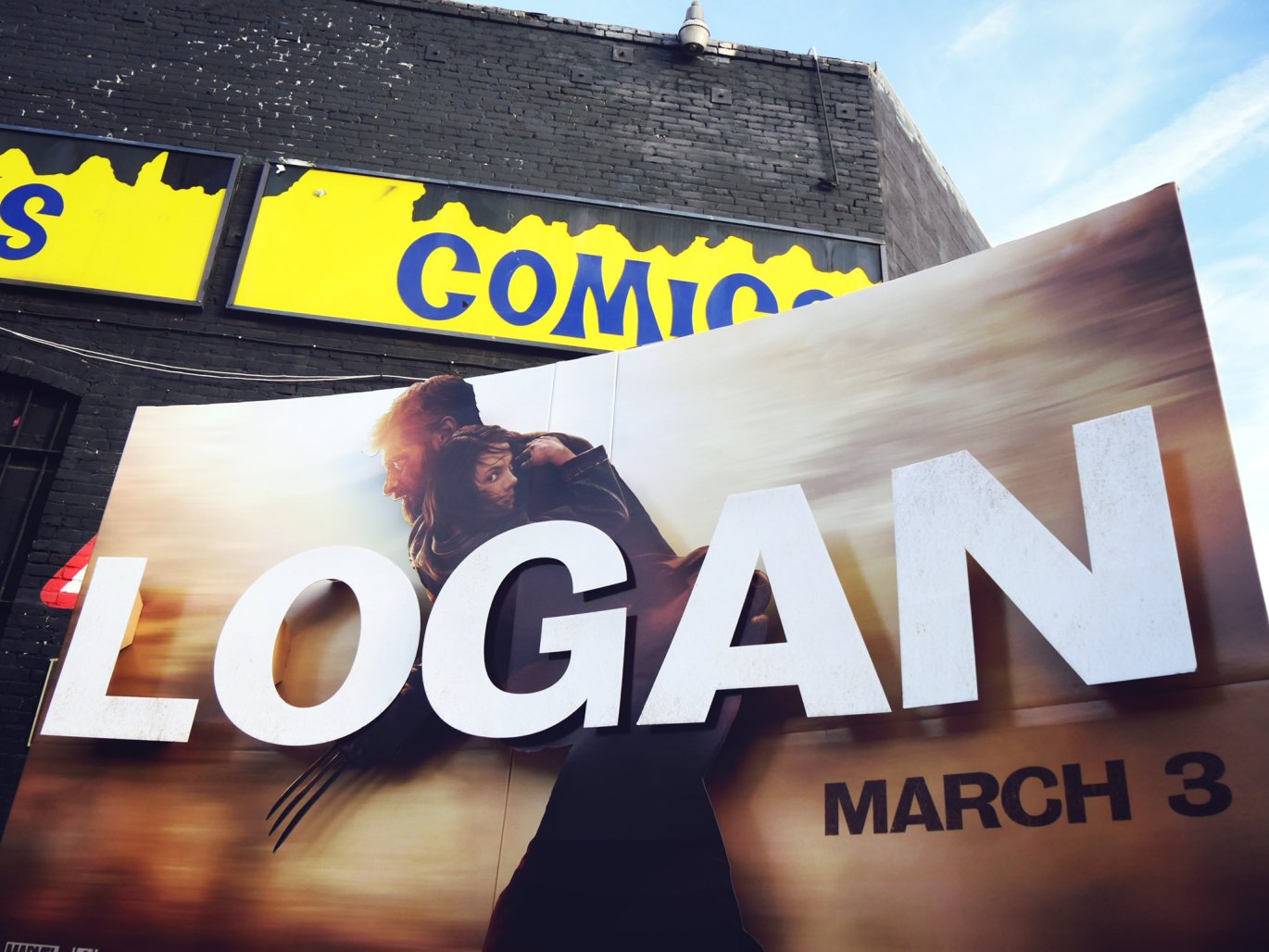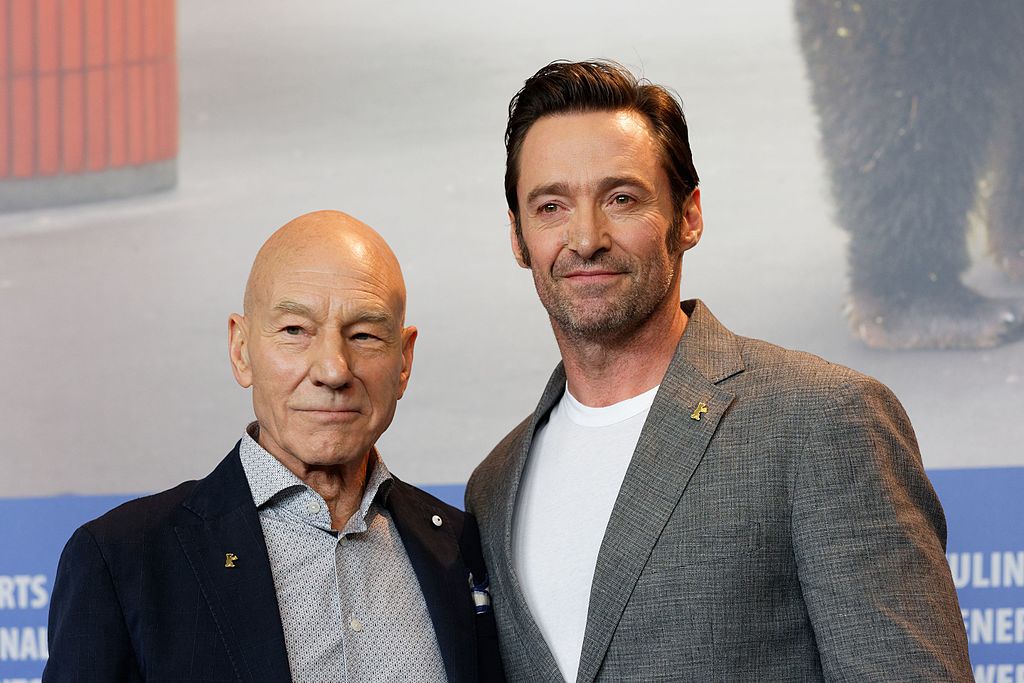Wolverine's Swan Song

With more than $440 million worldwide gross more than two weeks after its release, a Metacritic score of 77 and a Rotten Tomatoes rating of 92%, Logan is already shaping up to be one of the best comic book films ever released. Marking the final portrayal of both Logan—AKA Wolverine—and Charles Xavier, the founder of the now defunct School for Mutants, by Hugh Jackman and Patrick Stewart, respectively, the film acts as the final chapter in what might be the strangest trilogy of films of all time. Starting with 2009's X-Men Origins: Wolverine, followed by 2013's The Wolverine and finally, 2017's Logan, each film garnered more critical praise, had a lower budget and a higher box revenue than the previous release. Directed by James Mangold, who also directed The Wolverine, the story takes place in 2029. Most of Mutant-kind has died, leaving an old and dying Logan to take care of a mentally ill Charles. Logan's dreary monotony is broken when a young Mutant by the name of Laura is entrusted to him, and he is forced to take her and Charles to safety away from the company that created her.

Image credit: Wikimedia Commons/Maximilian Bühn
The film is fairly standalone, only making the occasional reference to one of the previous films in the franchise. The biggest connection comes in the form of the main antagonist's backstory, through a tiny reference to a single scene in X-Men: Apocalypse. Speaking of antagonists, both of the previous films had fairly disappointing ones—the villains were underdeveloped, poorly acted and one-dimensional. Logan does things differently by writing villains with much more personality. While the antagonists—a pharmaceutical company called Transigen and their cybernetically-enhanced military called the Reavers—are still a bit lacking in depth, the actors help elevate their characters to seem more three-dimensional.
Additionally, the two previous films were not particularly well-regarded for the acting quality; from Will.i.am's John in Origins to Svetlana Khodchenkova's Viper in The Wolverine, reviews were mixed all around. On the other hand, most of the actors in Logan give fantastic performances. These, of course, include Patrick Stewart as a much more unstable, yet fatherly Charles and Hugh Jackman as the aged, gruff and emotionally unstable Logan. They also include the supporting cast, who give their best, from Boyd Holbrook's menacing but somewhat goofy Pierce to Stephen Merchant as the sympathetic albino Mutant Caliban. Logan also features Dafne Keen in her first acting role on the big screen as the rowdy yet silent Laura.
The film also improves upon its predecessors in many rudimentary ways. The cinematography is much improved, with many of the shots looking incredibly beautiful and mesmerizing. The visual effects are also much better; some scenes replaced the actors with digital doubles, which is impressive considering the film's relatively low budget of $97 million. However, most of the effects are impressive, real-time stunts. Overall, the biggest improvement from the last films is in the action. Logan is the second X-Men film to be rated R (the first being Deadpool), which allowed the creators to go into much more extreme territories with violence and action in the film. The violence is raw, bloody and brutal, which fits the Wolverine franchise much better than some of the toned down and even sillier action scenes from the other films. However, the film never glorifies this gore-fest, as one of the main themes is Logan's desire to stay away from his violent past.
The film's greatest strength has to be in how "human" it feels. This is already evident from the film's title, which draws attention to the character's name and not his persona as the Wolverine. This element is further shown by the reduced emphasis on the "action" nature of the film and increased character interaction between Logan, Charles and Laura. Logan is a much more complex character than in previous films, as he faces much more complex and real-life situations than his previously action-oriented character. This element elevates Logan from an average comic book superhero film (like The Wolverine); instead, the audience essentially gets a western with a superhero coating. Like many of the greatest comic book films, Logan is not a superhero film first and some other genre mixed in; it is like The Dark Knight, like Dredd, and like Captain America: The Winter Soldier: each tried to be great films first before being great superhero films. At its core, the film follows Logan as he opens up to the idea of maybe having a family again and being the hero for one last time, making this a film well worth a watch.





